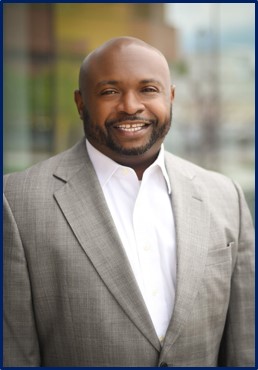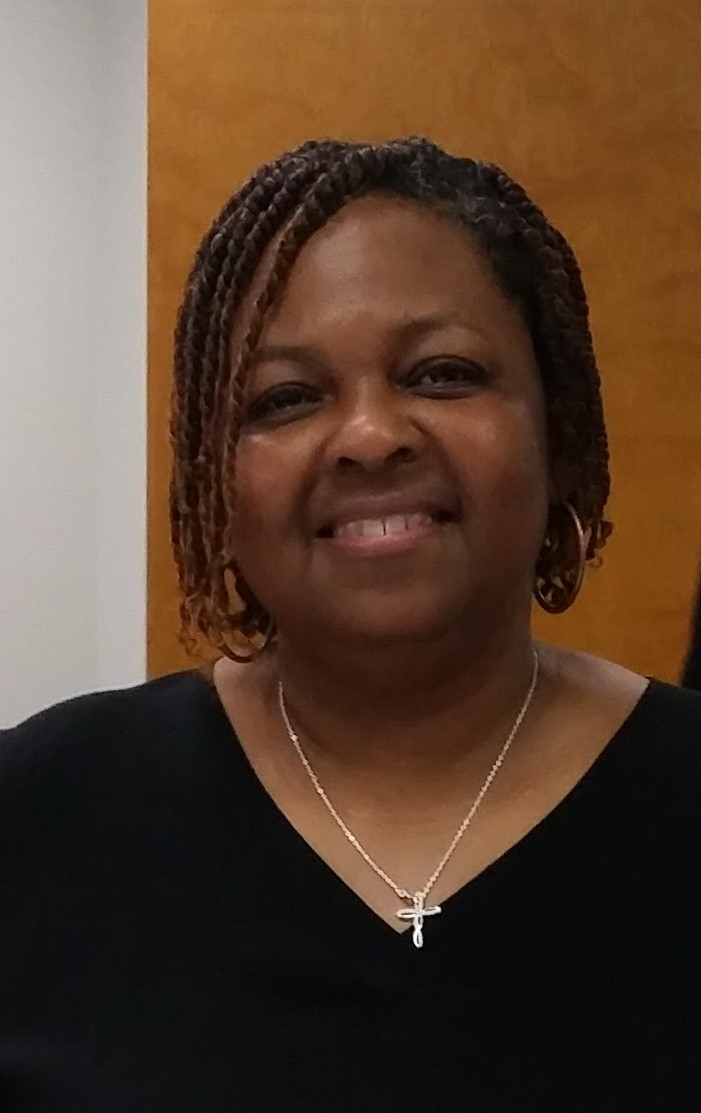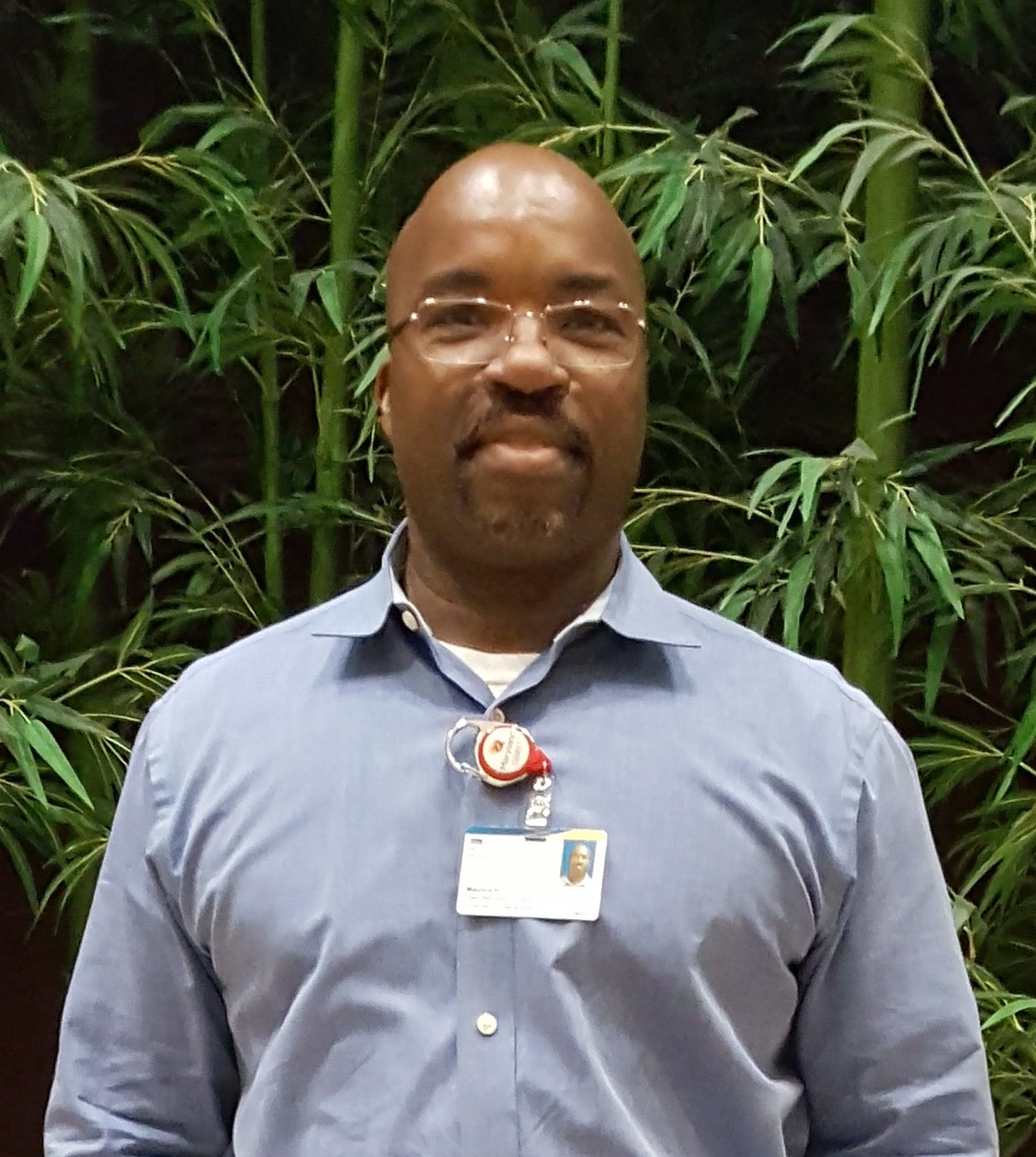September 29, 2022, 2:00pm-3:30pm EST
COURSE DESCRIPTION
Recovery Month seeks to promote and support innovative treatments and practices while celebrating individuals in recovery and the dedication of service providers and community members across the country who make recovery obtainable for all who need it the most. While there are many intricate paths for individuals to gain long-term recovery, the peer perspective, treatment options, spirituality, and community support are parts of the "village approach" to sustain freedom from substance use. Is this enough? Underrepresented communities have long been affected by the lack of social support and resources. A holistic approach helps meet an individual's social, physical, emotional, mental, and spiritual needs. This webinar will examine the scope of peers' roles and how they execute a holistic approach within their communities. We will unpack the barriers peers have while working with marginalized and vulnerable communities and the actions taken to ensure equitable treatment to the clients they serve. This webinar will also explore the techniques used by peers to address the ever-evolving needs of communities.
LEARNING OBJECTIVES
PRESENTERS
 Demetrie Garner, CPRS, as a Peer Recovery Specialist, has been presented with the unique opportunity of working in the largest Emergency Department in the state of Maryland. This has given him the vantage point to encounter minority disparities. A lack of health communication targeted to African-Americans and other minorities help further this disparity. As a Peer Recovery Specialist, the visible cracks of systemic inadequacies in health care and its access garners attention and policy changes in patients with substance use disorders. Having the experience in active addiction abusing opiates, cocaine, and alcohol for 26 years with countless relapses fostered the experience needed to help others in active addiction. Finding recovery over the last 2 and 1/2 years while working in the recovery field has given Demetrie a unique perspective in recidivism and retention throughout the process of recovery. With the help of the God of his understanding (Jesus Christ), Narcotics Anonymous, and healthy relationships, the pathway of a daily reprieve from active addiction is now possible. Continuous work through pastoral licensed counseling has unlocked the acceptance of childhood molestation and recovery from trauma. After 21 years since Demetrie decided to drop out of high school in the 11th grade, education seemed to become more important to obtain. If he wants to help individuals who look like himself and suffer from trauma and active addiction, then higher education has to be pursued. While at the University of Maryland at Baltimore County, currently a sophomore, Demetrie’s interest in studies is in the social science of public health. Future involvement with research is being pursued with patients that have wait times in emergency rooms with substance use disorders. Previous research this past semester has examined minorities hesitancy to receive Covid vaccinations. Demetrie is currently a Pre-McNair Scholar with ambitions to attend UMBC School of Public Policy M.P.P Program Spring of 2022.
Demetrie Garner, CPRS, as a Peer Recovery Specialist, has been presented with the unique opportunity of working in the largest Emergency Department in the state of Maryland. This has given him the vantage point to encounter minority disparities. A lack of health communication targeted to African-Americans and other minorities help further this disparity. As a Peer Recovery Specialist, the visible cracks of systemic inadequacies in health care and its access garners attention and policy changes in patients with substance use disorders. Having the experience in active addiction abusing opiates, cocaine, and alcohol for 26 years with countless relapses fostered the experience needed to help others in active addiction. Finding recovery over the last 2 and 1/2 years while working in the recovery field has given Demetrie a unique perspective in recidivism and retention throughout the process of recovery. With the help of the God of his understanding (Jesus Christ), Narcotics Anonymous, and healthy relationships, the pathway of a daily reprieve from active addiction is now possible. Continuous work through pastoral licensed counseling has unlocked the acceptance of childhood molestation and recovery from trauma. After 21 years since Demetrie decided to drop out of high school in the 11th grade, education seemed to become more important to obtain. If he wants to help individuals who look like himself and suffer from trauma and active addiction, then higher education has to be pursued. While at the University of Maryland at Baltimore County, currently a sophomore, Demetrie’s interest in studies is in the social science of public health. Future involvement with research is being pursued with patients that have wait times in emergency rooms with substance use disorders. Previous research this past semester has examined minorities hesitancy to receive Covid vaccinations. Demetrie is currently a Pre-McNair Scholar with ambitions to attend UMBC School of Public Policy M.P.P Program Spring of 2022.
 Lisa Connors, LCPC, NCC, MAC, ABD is an Associate Pastor at In His Image International Ministry, Inc. She is a Licensed Bachelor Social Worker, Licensed Clinical Professional Counselor, National Certified Counselor, Board-Certified Coach, Master Addiction Counselor, Certified Clinical Trauma Professional, and Certified Grief Counseling Specialist. Ms. Connors is Certified in Thanatology [the study of death, dying, and bereavement]. She has been in the human services/social work/counseling fields for 30 years and has worked in a variety of settings providing services to the despondent and downtrodden. Ms. Connors works tirelessly to help others reach their fullest potential in life, supporting and empowering those who have been oppressed, stigmatized, marginalized, and victimized. Her greatest passion is working with, serving, and providing training related to individuals affected by HIV/AIDS, substance use and mental health disorders, violence/abuse/trauma, grief and loss, racial and social injustices. Ms. Connors is a mental health therapist providing services to individuals who have co-occurring issues. In addition to her pastoral and clinical work, Ms. Connors is a college professor. She has taught at the University of Maryland and is currently teaching at Anne Arundel Community College in Maryland. Like many women of color, Ms. Connors has experienced various forms of oppression. Ms. Connors earned her Bachelor of Social Work, Master of Divinity, Master of Arts in Professional Counseling degrees, respectively, and is a Doctoral Candidate completing her Ph.D. in Psychology.
Lisa Connors, LCPC, NCC, MAC, ABD is an Associate Pastor at In His Image International Ministry, Inc. She is a Licensed Bachelor Social Worker, Licensed Clinical Professional Counselor, National Certified Counselor, Board-Certified Coach, Master Addiction Counselor, Certified Clinical Trauma Professional, and Certified Grief Counseling Specialist. Ms. Connors is Certified in Thanatology [the study of death, dying, and bereavement]. She has been in the human services/social work/counseling fields for 30 years and has worked in a variety of settings providing services to the despondent and downtrodden. Ms. Connors works tirelessly to help others reach their fullest potential in life, supporting and empowering those who have been oppressed, stigmatized, marginalized, and victimized. Her greatest passion is working with, serving, and providing training related to individuals affected by HIV/AIDS, substance use and mental health disorders, violence/abuse/trauma, grief and loss, racial and social injustices. Ms. Connors is a mental health therapist providing services to individuals who have co-occurring issues. In addition to her pastoral and clinical work, Ms. Connors is a college professor. She has taught at the University of Maryland and is currently teaching at Anne Arundel Community College in Maryland. Like many women of color, Ms. Connors has experienced various forms of oppression. Ms. Connors earned her Bachelor of Social Work, Master of Divinity, Master of Arts in Professional Counseling degrees, respectively, and is a Doctoral Candidate completing her Ph.D. in Psychology.

Maurice Harrison-El is the Behavioral Health Program Coordinator for MedStar Health Baltimore Regional Hospitals. He is also a certified Trainer-of-Trainer for the Connecticut Community for Addiction Recovery (CCAR) with a concentrated domain in Ethics Reconsideration and Basic Coaching. As a certified Peer Specialist and Peer Supervisor his leadership in the field has managed multiple Peer Coaches in obtaining their Specialist Certification. As Program Coordinator for MedStar Behavioral Health he is also a direct supervisor for the Hepatitis C micro-elimination virus program. In 1979 Maurice began experimenting with drugs and alcohol that lead to 30 years of active addiction. With multiple incarcerations and in-patient treatment, he has an extensive knowledge of institutional programs. Through a multi-faceted approach to recovery, he has decided to give back to the community of substance use disorders by first working as a Peer Recovery Coach for 5 years. Seeing his contribution to the Screening, Brief Intervention and Referral to Treatment program (SBIRT) MedStar developed a role as Regional Coordinator to supervise and instruct best evidence-based approaches to substance use disorders throughout MedStar’s four Baltimore Hospitals. He tirelessly works with Peer Coaches to ensure that all tools to engage in motivational interviewing are at their disposal. As a liaison between emergency care and patient placement he has developed an extensive resource of inpatient, outpatient, and maintenance assisted programs throughout the Baltimore region. In addition to his career at MedStar he is a family-oriented person that sees the important value of men being present in the family dynamic. He believes that the structure of our youth will enable them to seek internal satisfaction with oneself instead of external validation with gangs and drugs.